Delegates attending and discussing at the workshop |
This comment was made by Associate Professor, Dr. Dinh Quang Hai (former Director of the Institute of History, Editor-in-Chief of the Journal of Historical Research) at the National Scientific Conference "80 years of August Revolution and National Day September 2 (1945-2025) - historical significance and contemporary value" held on August 28 in Hue City.
The workshop was organized by the Hue City People's Committee in coordination with the Vietnam Historical Science Association and the Hue City Historical Science Association. Attending were former Politburo member, former Secretary of the Party Central Committee, former Head of the Central Ideology and Culture Committee Nguyen Khoa Diem; members of the City Party Committee: Chairwoman of the Vietnam Fatherland Front Committee of Hue City Nguyen Thi Ai Van; Vice Chairman of the Hue City People's Committee Nguyen Chi Tai and leaders representing departments, branches, experts, researchers...
The victory of the August Revolution paved the way for revolution in colonial countries.
80 years ago, under the leadership of the Communist Party and President Ho Chi Minh, the entire Vietnamese people rose up in a general uprising to seize power throughout the country, creating the great victory of the August Revolution in 1945. On September 2, 1945, President Ho Chi Minh read the Declaration of Independence, giving birth to the Democratic Republic of Vietnam (now the Socialist Republic of Vietnam) - the first people's democratic state in Southeast Asia. The Declaration of Independence was not only a declaration of the birth of a sovereign nation but also a declaration of human rights of the Vietnamese State, in which basic human rights were recognized.
This event marked a major historical turning point in the process of building and defending the nation, ending nearly a century of French colonial rule, eliminating the occupation of Japanese fascists and ending the feudal regime that had existed for thousands of years. From here, Vietnam entered the era of national independence associated with the path to socialism.
According to Associate Professor Dr. Dinh Quang Hai, the August Revolution won a timely victory at the right time when Japan had just surrendered to the Allies, the pro-Japanese government of Tran Trong Kim was in disarray and more importantly, the decision of the Potsdam Conference had not yet been implemented, the British army and Chiang Kai-shek's army had not yet entered our country. We created a legal and righteous position for the Provisional Government when welcoming the Allied troops to disarm the Japanese army in the position of the country's master. That shows that the August Revolution was successful, the birth of the Democratic Republic of Vietnam was basically in line with the general trend, in line with the principle of respecting the rights of equality, the right to self-determination of nations, the right to freedom of nations, especially small countries that participated in the war against fascism that the Allies had committed to in the Atlantic Charter.
After the success of the August Revolution in 1945 in Vietnam, following the example of Vietnam, many Asian and African countries rose up to fight against colonial oppression and exploitation, to gain national independence, typically the revolutionary movements in Laos, Indonesia, India, China, etc. won victory. Especially after the defeat of French colonialism in Vietnam, many African countries such as Algeria, Madagascar, etc. rose up to fight for national liberation, to escape from the domination of colonialism, and to end the brutal domination of old colonialism.
The victory of the August Revolution in 1945 in Vietnam dealt a heavy blow to the colonial system of imperialism in Asia, contributed significantly to the disintegration of old colonialism on a global scale, and strongly encouraged the struggle of oppressed peoples against the slavery of imperialism for national independence, democracy and socialism. The victory of the August Revolution paved the way for revolutions in colonial and dependent countries under the leadership of the working class, and when favorable conditions were met, they would achieve victory before the proletarian revolution in the mother country succeeded.
The uprising in Hue won a quick and complete victory.
Meanwhile, in Hue before the general uprising, a revolutionary force was built up that was quite strong in both position and strength, ready to join the people of the whole country to "rise up and use our own strength to liberate ourselves". On the morning of August 20, 1945, the Standing Committee of the Viet Minh province met, decided on the uprising plan in Hue and discussed the matter of mobilizing Bao Dai to abdicate.
According to Dr. Do Manh Hung (Hue University), taking advantage of the opportunity when the Tran Trong Kim Government planned to hold a large rally at Hue Stadium on August 23, 1945 to celebrate the annexation of the South into the Empire of Vietnam, on the night of August 21, 1945, the Provincial Uprising Committee met and decided to launch an uprising to seize power in Hue on August 23, 1945.
After receiving the resolution of the Provincial Cadre Conference and the uprising order of the Provincial Uprising Committee, the uprising to seize power took place strongly and evenly in all districts. Phong Dien and Phu Loc were the first two districts to successfully seize power. Next, Huong Thuy, Phu Vang, Huong Tra, and Quang Dien districts also successively won power.
In Hue, at around 6 p.m. on August 22, 1945, Hue Radio broadcast Bao Dai's statement that he was "ready to abdicate and cede the country's management to the Viet Minh Front." The time for revolution in Hue was ripe.
On August 23, 1945, the masses of the districts marched to Hue together with the people of the city's wards to rise up and seize power. At 4 p.m. the same day, at Hue Stadium, the Uprising Committee organized a rally with the participation of tens of thousands of people to celebrate the victory. On behalf of the Uprising Committee, comrade To Huu declared that the power belonged to the people and introduced the Provincial Provisional Revolutionary Committee with Mr. Ton Quang Phiet as Chairman.
On the afternoon of August 30, 1945, Bao Dai's abdication ceremony was held at Ngo Mon. "Thus, despite being one of the most complicated areas in the country, the uprising in Hue achieved a quick and complete victory," Dr. Hung commented.
According to Dr. Phan Tien Dung, Chairman of the Hue City Historical Science Association, in addition to the delegates presenting their speeches directly, this conference gathered 33 speeches from scientists, researchers, and leaders from many prestigious academic centers of the country, localities, and universities and research institutes nationwide. The speeches focused on three main groups of topics: Historical significance and lessons learned from the August Revolution in 1945; Hue in the August Revolution in 1945; The role of forces and organizations in Hue in the August Revolution in 1945. |
N. MINH
Source: https://huengaynay.vn/chinh-tri-xa-hoi/theo-dong-thoi-su/buoc-ngoat-lich-su-trong-dai-trong-qua-trinh-dung-nuoc-va-giu-nuoc-157219.html


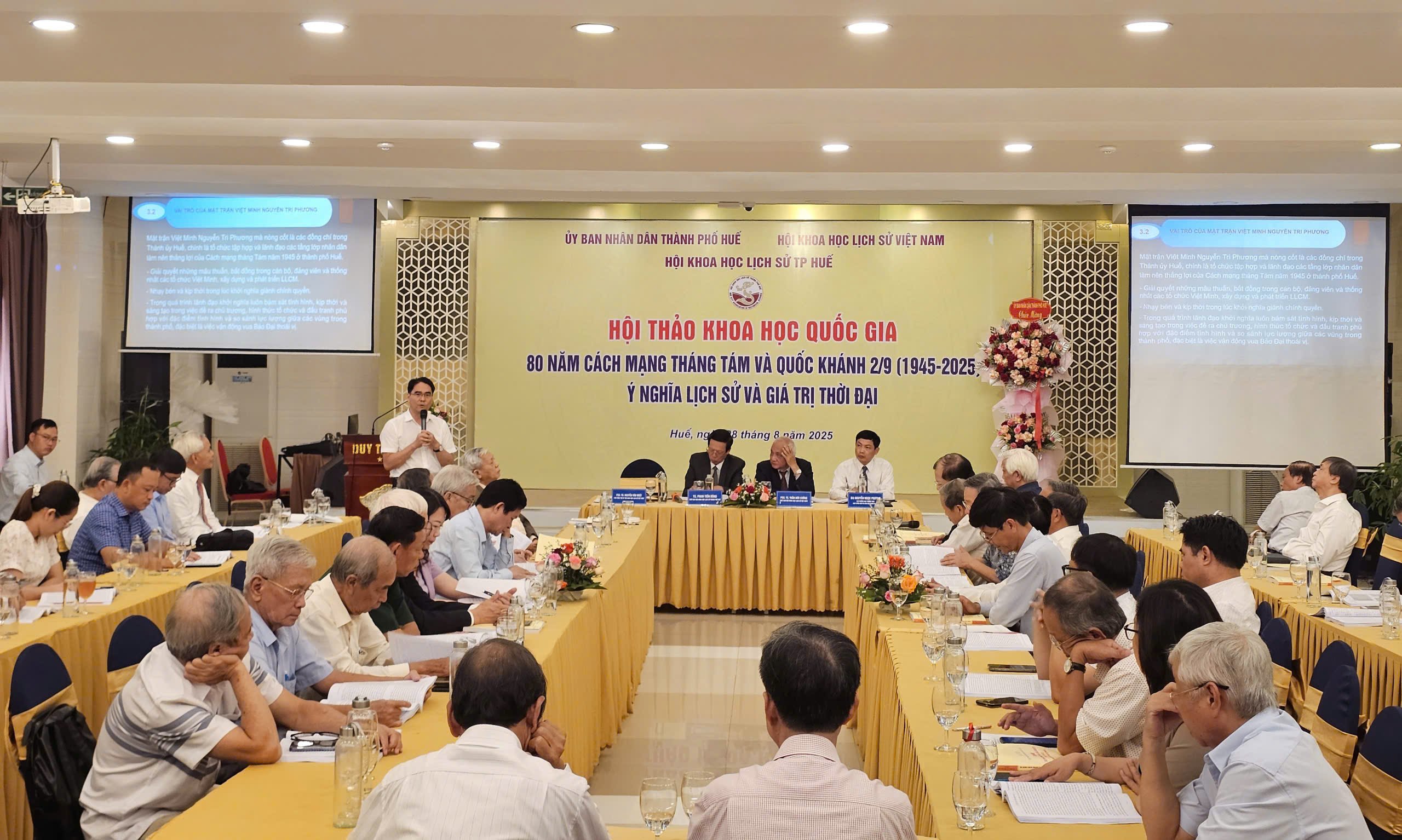






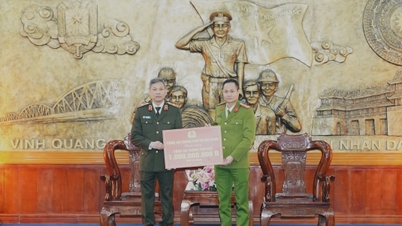
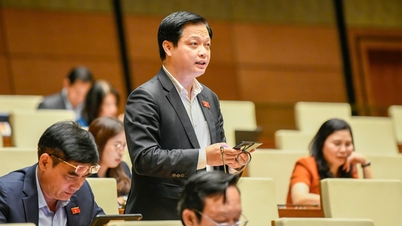


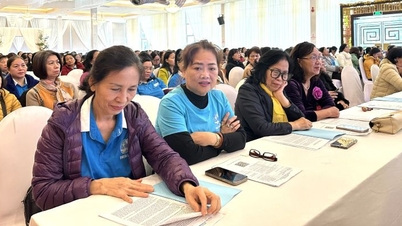
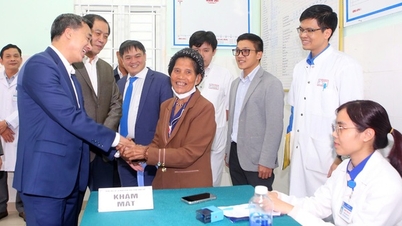

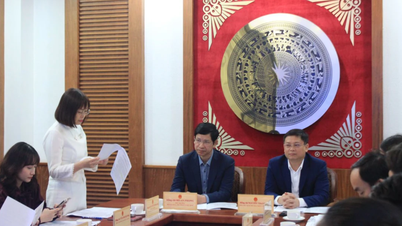

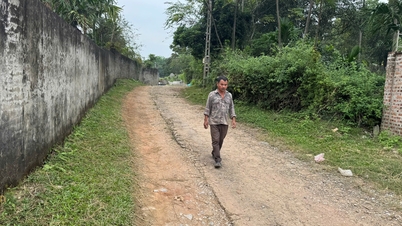

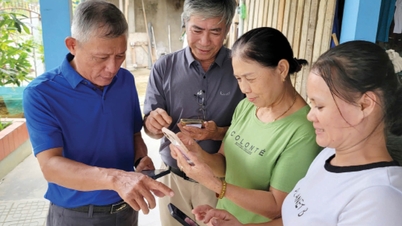
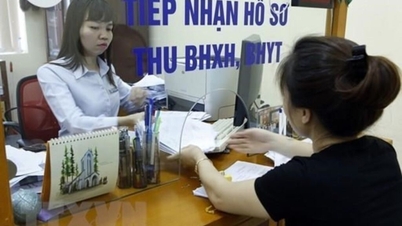

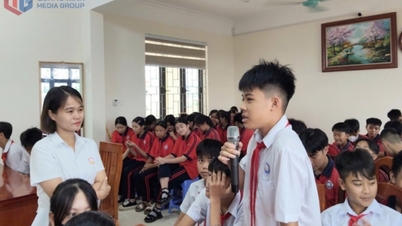



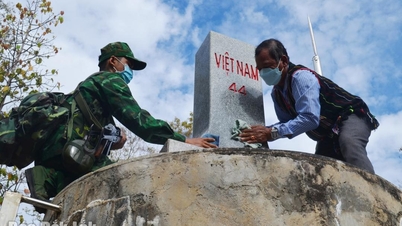





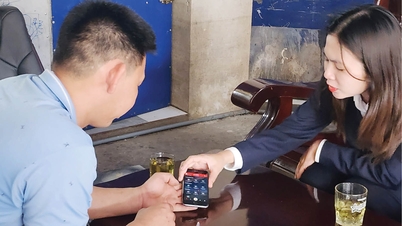


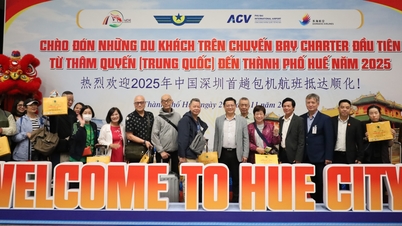

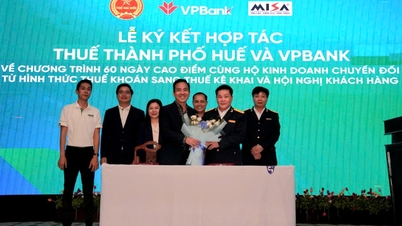


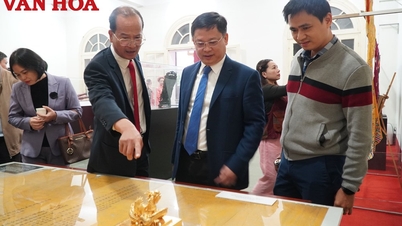


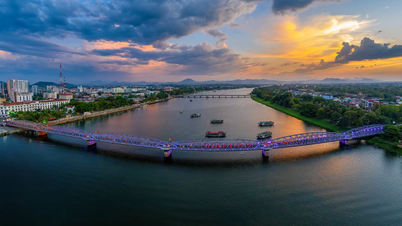

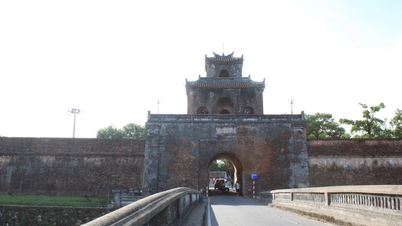

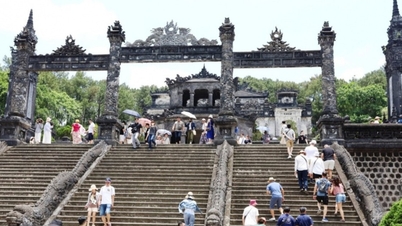

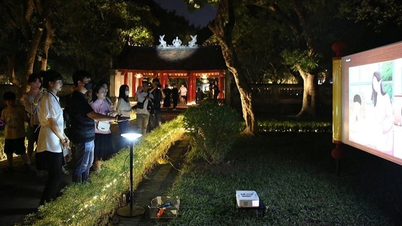















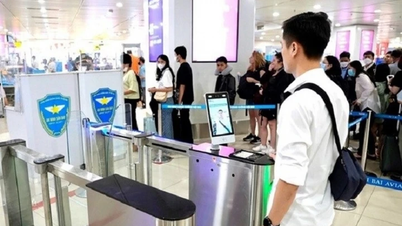


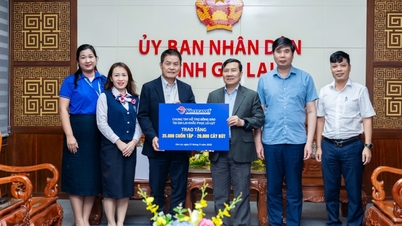
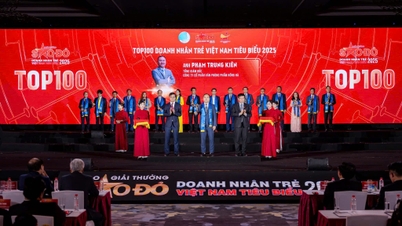






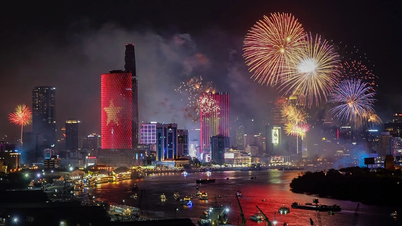



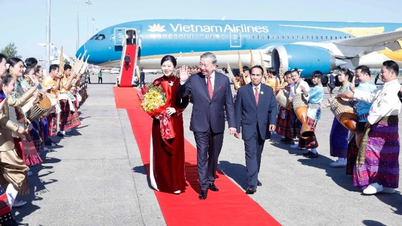
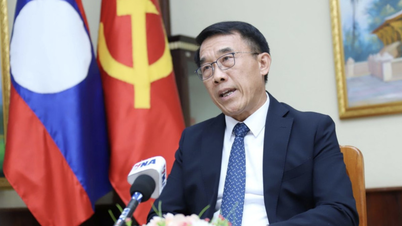


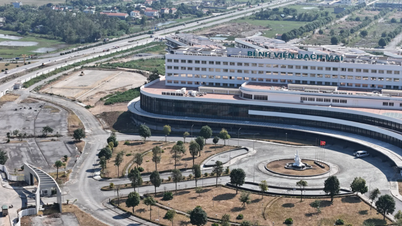



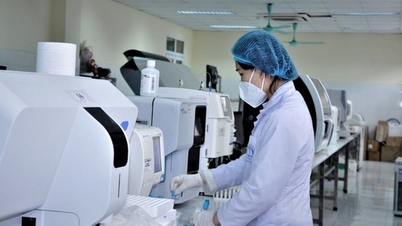

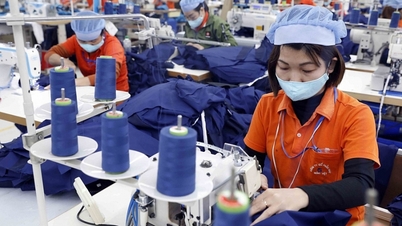


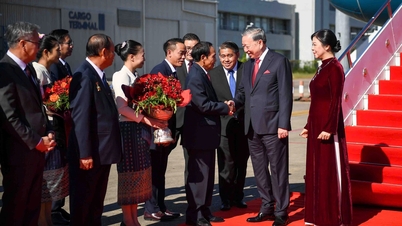

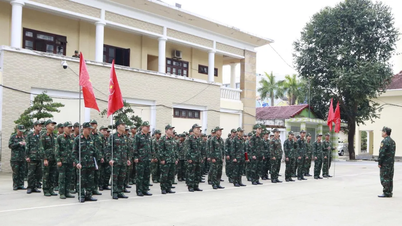


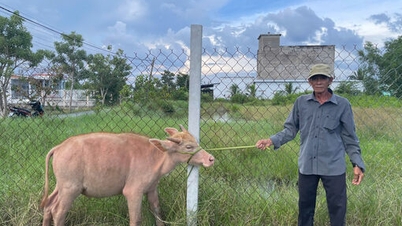

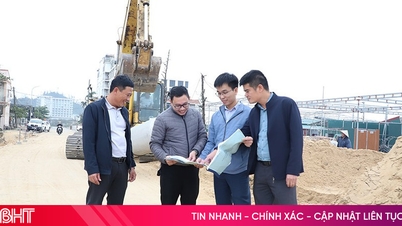












Comment (0)